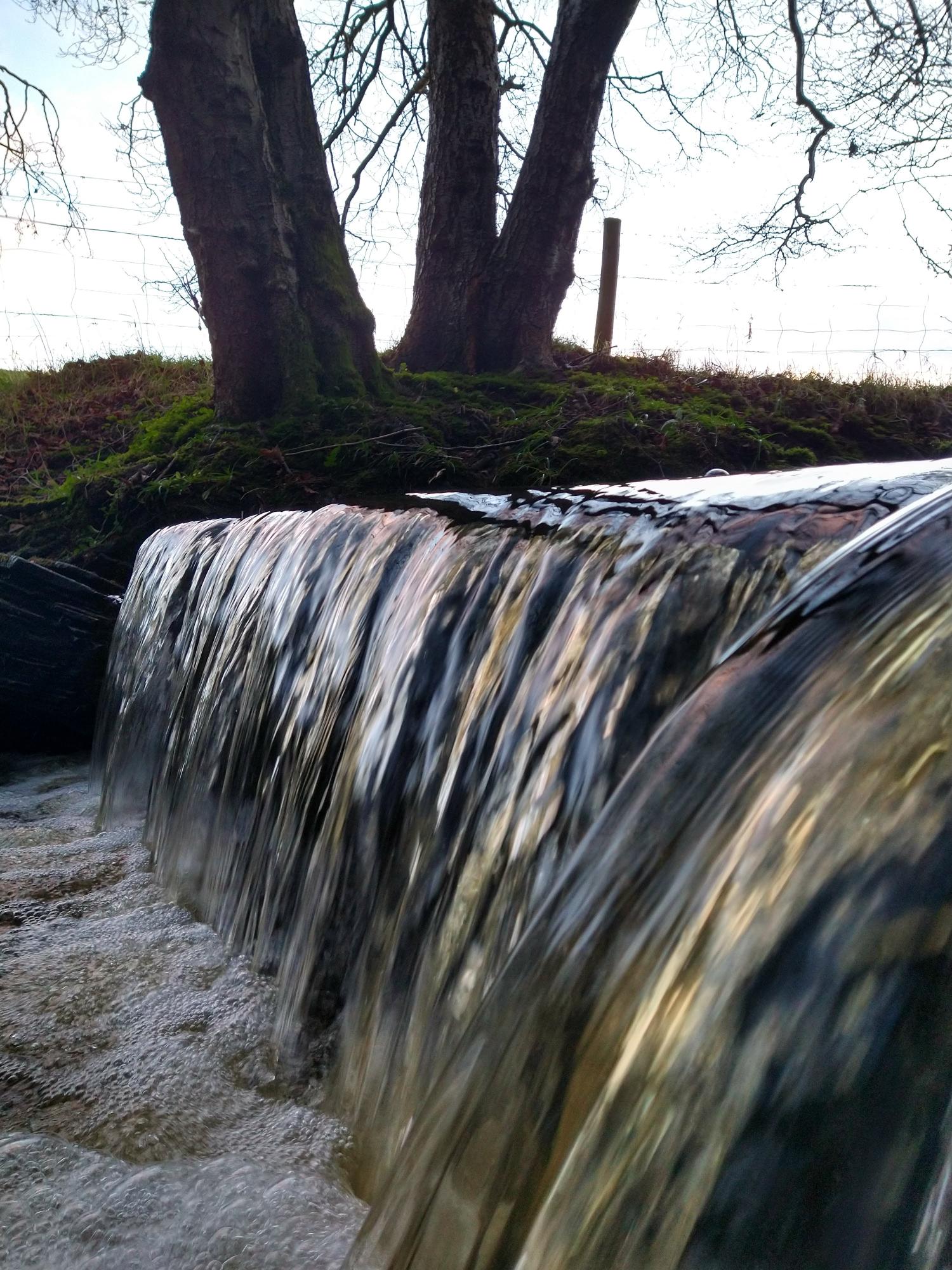Project: Long-Term Large-Scale Freshwater Ecosystems (LTLS-FE)
Timescale: November 2022- December 2026
Funder: UKRI Natural Environment Research Council
Co-lead investigators: Dr Vicky Bell and Dr Stephen Lofts, UK Centre for Ecology & Hydrology
Project Manager: Manuela de Mendonça, UK Centre for Ecology and Hydrology

